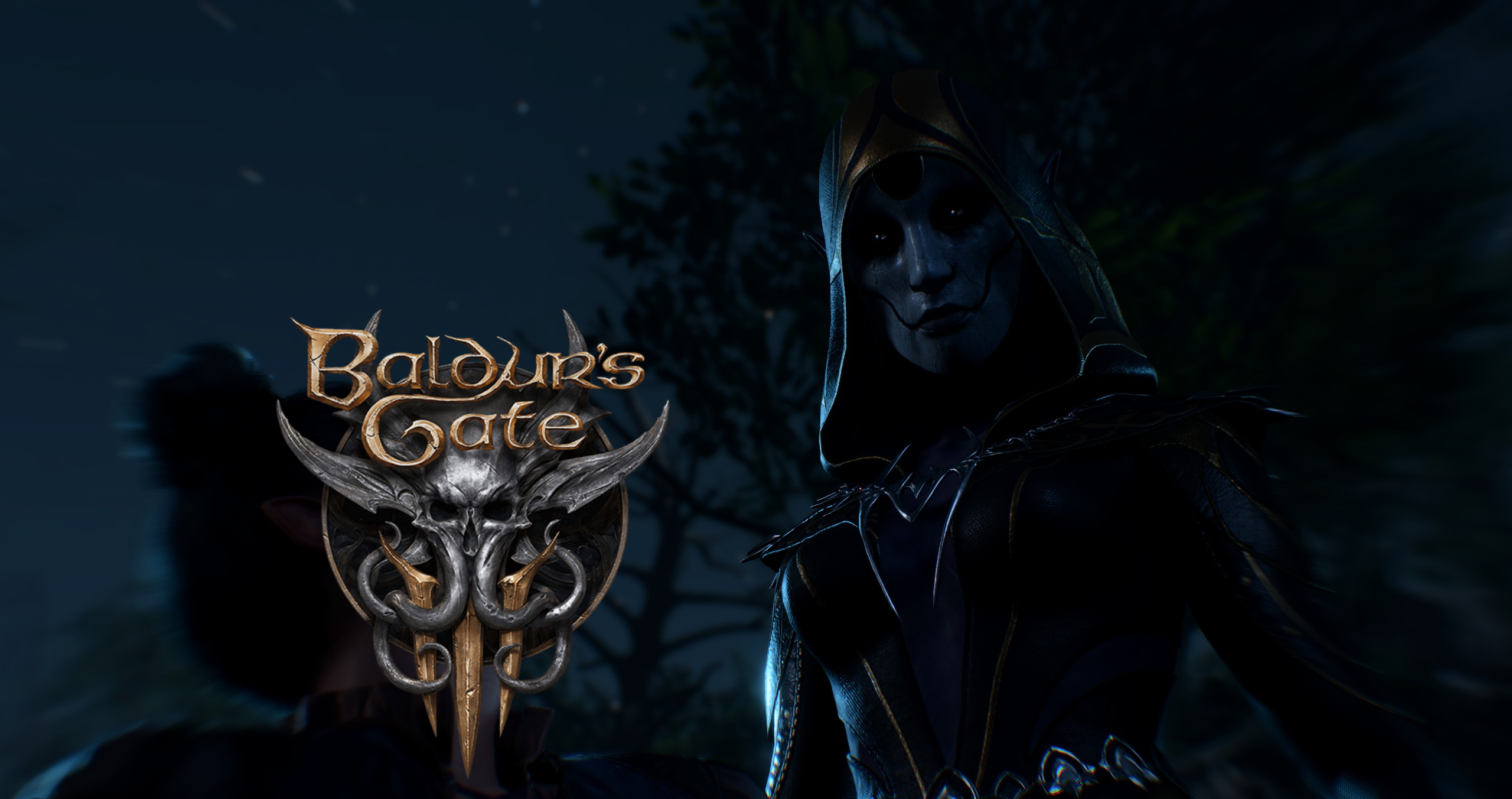Some of you might have noticed a hot and fierce Baldur's Gate 3 debate, dividing the players, developers and the whole gaming industry alike. Have we reached a new turning point in quality with the massive success of the Dungeon & Dragons inspired RPG? Or is BG3 the exception that proves the rule?
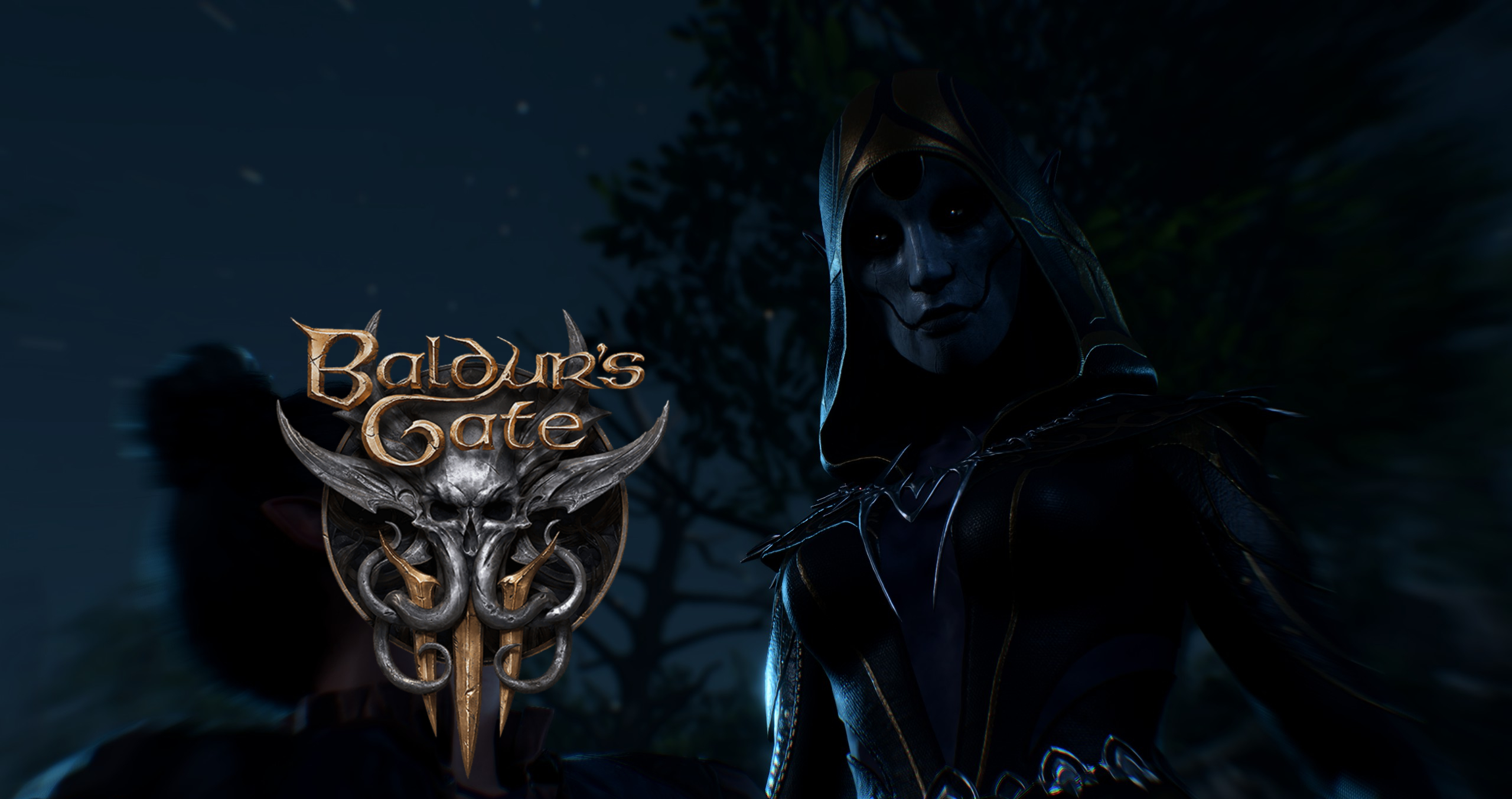
Thanks to its astonishing success, Baldur's Gate 3 is the talk of the town. Fans love it and some developers are almost frightened over this massive game, as they fear this could become a new standard. But why be afraid?
Most of us would say: "Hell yeah, having a game as perfect as Baldur's Gate 3 is all I need in my life, go for it!". But is it really that simple? With the release of Baldur's Gate 3 in early August, the gaming world got something precious they could hold onto.
General Overview
- Why Baldur's Gate 3 Is Causing A Huge Debate About The Gaming Industry
- What Is The Debate About?
- How Game Development Works
- What Does It Mean For The Future?
- Conclusion & Personal View
Why Baldur's Gate 3 Is Causing A Huge Debate About The Gaming Industry
It's a nearly perfect game in an imperfect industry. We've seen many disappointing game releases in recent months and years. Major companies with big-budget games have let us down by releasing games with missing content, technical issues, bugs, glitches, and more. And on top of that, they also focus on selling DLCs, Season Passes, expensive cosmetics, and pay-to-progress features before the many problems have been solved.
Let's be honest, things are in a terrible state, and we have a right to be upset. Occasionally, a game comes along, wearing a shining armor, to light us the way and give us hope. But how can this be? How can a captivating game like Baldur's Gate 3, developed by veteran indie developers, have such an impact on the whole gaming industry? Where did the discussion start, and why do we often forget about the intricacies of the development process when we demand perfection?
What Is The Debate About?
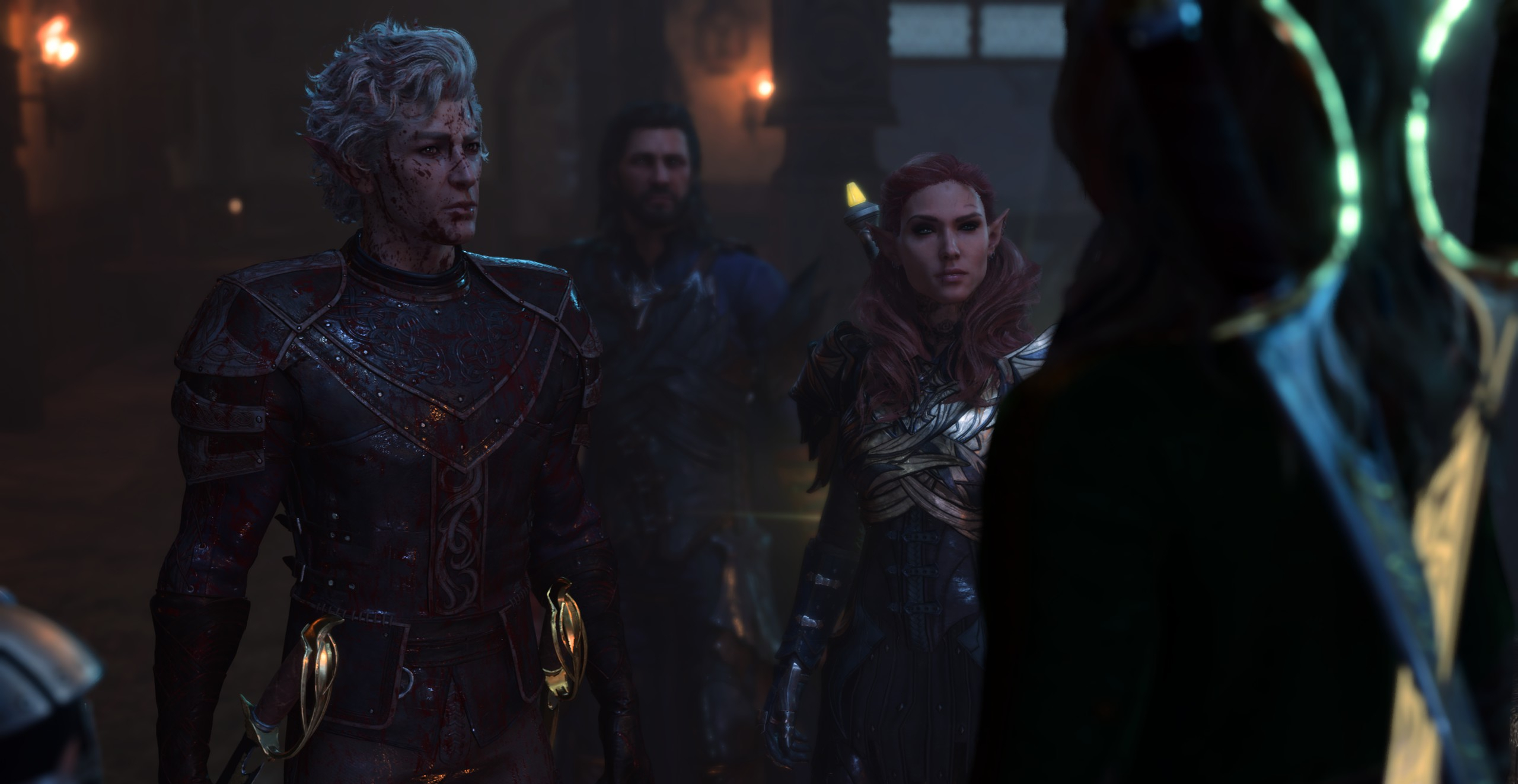
In the center of the storm lies a video created by IGN, called "Baldur's Gate 3 is causing some developers to panic". In the video, Destin Leagiers is reacting to a series of tweets from Xalavier Nelson Jr – an indie developer. He shared some negative thoughts about the game and called it an anomaly in the gaming industry.
For every action, we earn a reaction, no matter how it may happen. Xalavier pointed out his concerns (or his personal feelings, rather) about the industry and how the bar is way too high for anyone to accomplish something on the level of BG3.
And as a reaction, IGN took it, ran with it in the most disrespectful way imaginable and presented it to their global audience. But negative publicity is better than no publicity, eh?
The main problem here is that Xalavier's reasonable opinion was mistaken for the voice of everyone, and that's simply not the case. With this video, IGN also pointed all the hate and rage at a single person, opening litereally a witch hunt. Critiquing something is necessary, but considering how we do it matters even more. Starting a discussion shouldn't push people apart, especially after they've bonded over something they love. It's disappointing to see that unity and joy turn into negativity and blame.
However, have we ever asked ourselves: "Why do games often feel incomplete?", "What challenges do game developers face while creating their art?", and "Why do certain developers launch polished games while others struggle to do so?"
Only if we truly understand the process of game development can we acknowledge Baldur's Gate 3 for the game it is. This will also help us understand why some other companies eventually face massive issues.
How Game Development Works
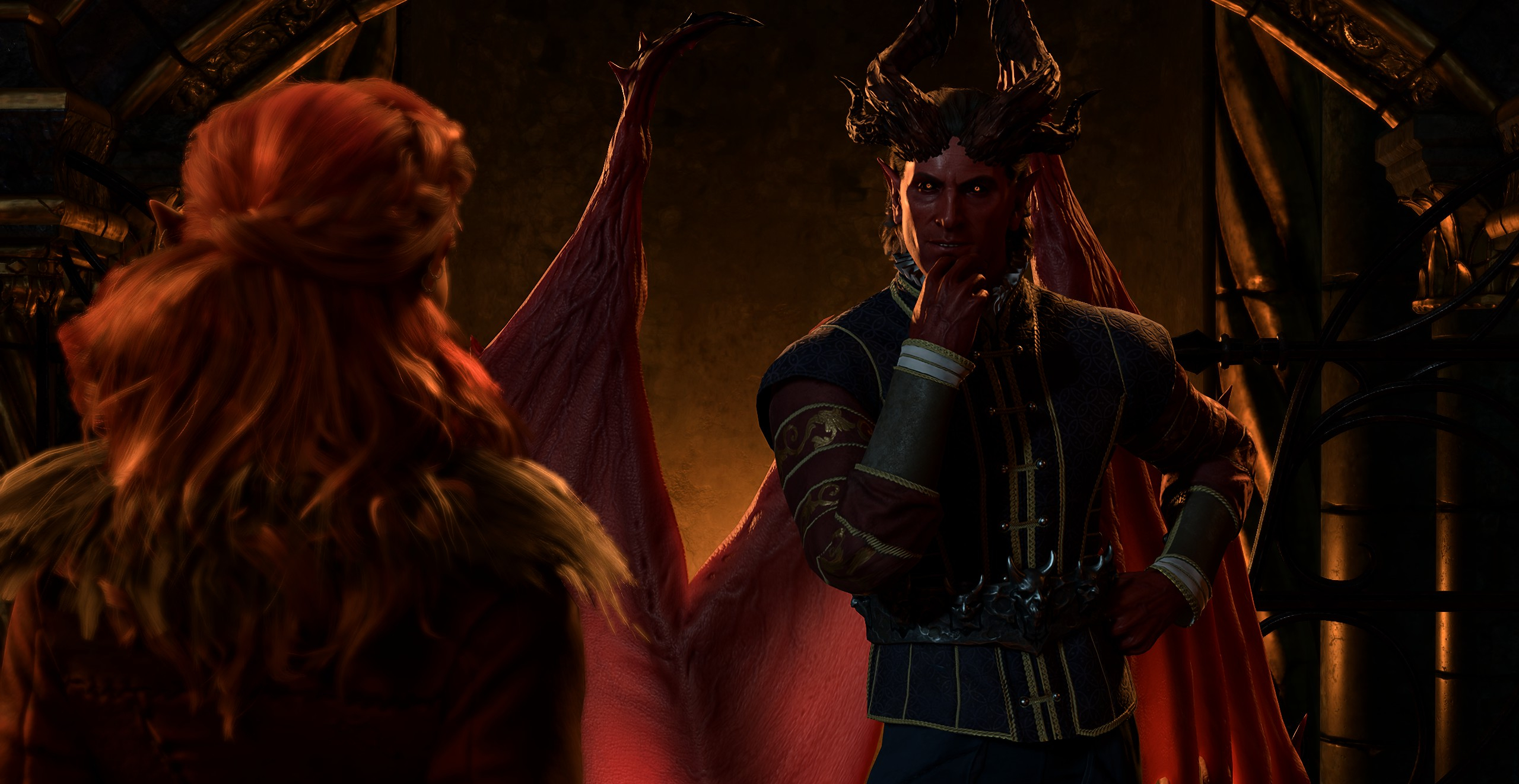
Game development is a delicate topic, as it involves many different stages. But I want to make one thing pretty clear, as many people tend to forget a simple thing: Baldur's Gate 3 wasn't perfect when it came out three years ago and entered the Early Access phase. The perfect 1.0 release most of us got to witness is just the tip of the iceberg. The game was already available, right in front of us, but more than half of the concurrent players didn't even know it.
Three years ago, Baldur's Gate 3 was released from the veteran indie developer Larian Studios as an Early Access game, already demanding the full prize of $59,99. This means it wasn't fully finished, but people could still buy and play it. While it was in this Early Access phase, the studio kept working on it and kept talking to the fans who were playing it, without advertising their game on a grand scale. With the help of the fans and the existing Dungeons & Dragons setting, they created a flourishing, breathing and surprising game world. They took their time to develop the game properly, without rushing it.
Is this always possible? No, of course it isn't! Think of all the indie developers out there, sitting in their apartments, developing their game while working a full-time job, just to fund their work and pay for the voice actors, music and more. It's impossible to accept huge, polished games from these types of developers.
But then it's possible for bigger companies as they have the resources and the time, right? No, this isn't the case either! Video game development is extremely complex and difficult, involing many different steps along the way.
Planning
This is essentially the brainstorming process, as the devs are searching for a groundbreaking idea. You need to come with an almost picture-perfect understanding of how most of the game will unfold, otherwise you'll run into issues later down the line. During the planning, you also need a "Proof of concept".
The final stage of the planning phase involves questions like: How much will it cost, where do you get the money from, how long will it take to develop the game, do you need to hire a third party, how will you monetize the game and so on and so on. As an indie developer, you need to find a way to finance the project through different means, like crowdfunding campaigns or Early Access.
Pre-production
In this step, you divide the game into different teams, like Artists, Developers, Engineers, Project Leads, and Writers. Each team does its part at the same time, and their work is connected. Imagine a puzzle where all the pieces must fit together. Your job as the Project Manager is to make sure everything runs smoothly and everyone knows about any possible changes that happened elsewhere.
If there's a big misunderstanding, it could make the game take much longer to finish, even years! Everyone in the team needs to be on the same page, always! If they don't, or if the vision from the Planning phase is not clear enough, the actual Production process can become extremely difficult.
If you're an indie developer, you handle all of this by yourself! It's a difficult balancing act, but also means that you're free to make your game the way you want it, and don't have to ask someone higher up. But during the process, you'll understand that not everything is possible in your current state, and everything has its limit. So being flexible and making some sacrifices along the way is also part of the Pre-production phase.
Production
We've now reached the most important stage of the game development process. This is where the game starts to come to life, but it's also the part where the most money gets spent. Everyone is focused on their specific tasks. Voice actors are recording scripts, developers are creating and coding intricate environments, sound designers are making soundtracks and in-game effects, and so on.
Everything comes together and will be put to the ultimate test. Changes are bound to happen at times, either because current methods can't make them happen or due to other reasons. For instance, Bioshock was initially supposed to be set in a hidden, abandoned WW2 Nazi bunker taken over by mutant humans and monsters. Hard to believe, right? Fortunately, they changed the whole idea and went in a different direction...
Testing
The testing phase means business. You need to make sure everything is in working order and test every single aspect of the game. Are there any kind of exploits, softlocks or errors? Is your game too easy, too hard, or even unbeatable? Do all objects show up correctly and behave as they should?
It's also important to evaluate if your game is even enjoyable to play. Is the story engaging, are puzzles tough but still rewarding, does it run smoothly? There's a lot to think about! Think about a game like South Park: The Stick of Truth, but the jokes are not landing. Some of us wouldn't even think of playing it, right? Testing everything is just essential as the Planning or Production phase.
This is one of the trickier aspects of game development. You can spend years of planning and production, dozens or hundreds of people working on one big project, and then realise during tests that the game is not fun, that systems don't work together or that there are tons of bugs.
The bigger the game, the more each change affects the time and money that has to be spent to implement changes. The flexibility of indie games allows for a slightly easier process, but these types of games still have similar issues in that regard as huge AAA titles do.
Pre-launch
During the Pre-launch phase, the marketing team need to go into full gear and make everything possible to sell the game to the public. You need trailers, demos, a release date or even a date for the Early Access phase, but they also need think of being part of bigger events like E3, PAX or Gamescom. This is also the moment of truth. Will the game you were working really hard on for years hit right or get a lot of negative feedback?
If the latter happens, you need to prove the people that they are wrong and maybe even make a complete overhaul. Just like it was the case with Bloodstained: Ritual Of The Night. After getting criticized, the team worked really hard and received the praise they deserved along with lots of positive reviews. Sometimes you need negative feedback in order to improve. But only if it is constructive feedback, without personal feelings and below the belts commentaries.
Launch
Before finalizing your game, it's crucial to give it a thorough polish and carry out one last round of testing. Are there any bugs left, does the game need quality of life improvements or even have some game-breaking bugs, so you won't be able to progress further? Everything that comes into mind is important in this last stage of development before the final day arrives.
Post-launch
Congratulations, we've reached the finishing line and the game is out. Now, it's time to think about what's next. Players want more – more time to enjoy the world you've crafted and more from everything. Will there be updates with free stuff? Or fixes for bugs and balancing? Maybe even extra DLCs? These are all things usually sorted out after launch.
However, you probably already noticed that certain aspects and priorities have changed over time, especially when considering how the developer and publisher manage nowdays the DLC content.
What Does It Mean For The Future?
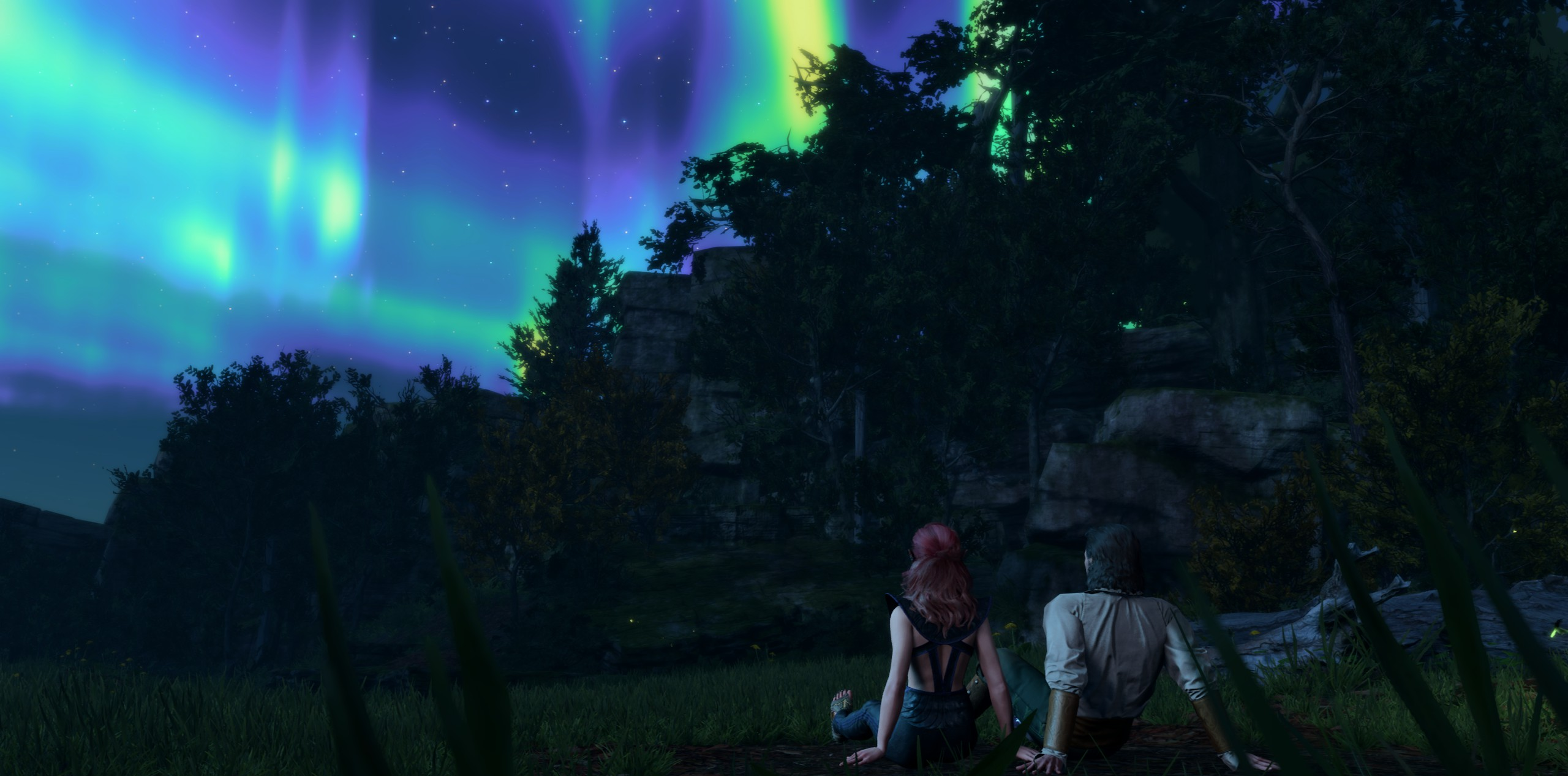
With the developement process divided into the different stages you saw how the whole process works. But let's look into the future while asking ourselves how long it takes to develop a game. With big studios, with a lots of teams involved in the whole process, it takes normally 3 to 5 years to make a triple-A game. I repeat: It takes three to five years and only if everything is fine and the team doesn't run into any kind of problem.
If any kind of problems arise or the development team need to change, it can take even longer. If the worst case scenario occurs, the developement can take up to 7 to 10 years, which happened already several times (looking at you Duke Nukem Forever and Final Fantasy 15). Even indie developer sometimes need 3 to 7 years until their games go gold.
What do you think happens during these years? The developers have to be paid, just like anyone else. They invest a lot of time, and sadly often work on a crunchtime basis, just to make the game possible. It's not ideal, but they do it because the company needs to keep their investors and shareholders happy to avoid running out of money.
This is also the phase where we think about the Pre-orders and Early Access, which have become quite popular among publishers. Pre-ordering a game provides data on the potential user base that will be reached with the game. But it can also lead to some dissapointments if the game doesn't meet the expectations.
On the other hand we have the Early Access games. Developers receive extra funds, which allow them to dedicate more time to the development phase without worrying about running out of money.
Furthermore, they receive a lot of feedback from the community, which helps shape the game to match the audience's desires. This also involves a growing community base, as developers closely collaborate with the fan base, as they serve as an endless source of inspiration. Look at a game like Hades, which became the masterpiece it is through close collaboration between the developers and their community.
However, this approach can also have drawbacks, as some individuals may not grasp the entire Early Access process, and that these games are still in development and beyond perfection. Rogue Legacy 2 is one example where fans were super disappointed about the meager offering upon the EA release. Only over time did that game garner the fanbase and stellar reputation it now has.
Conclusion & Personal View
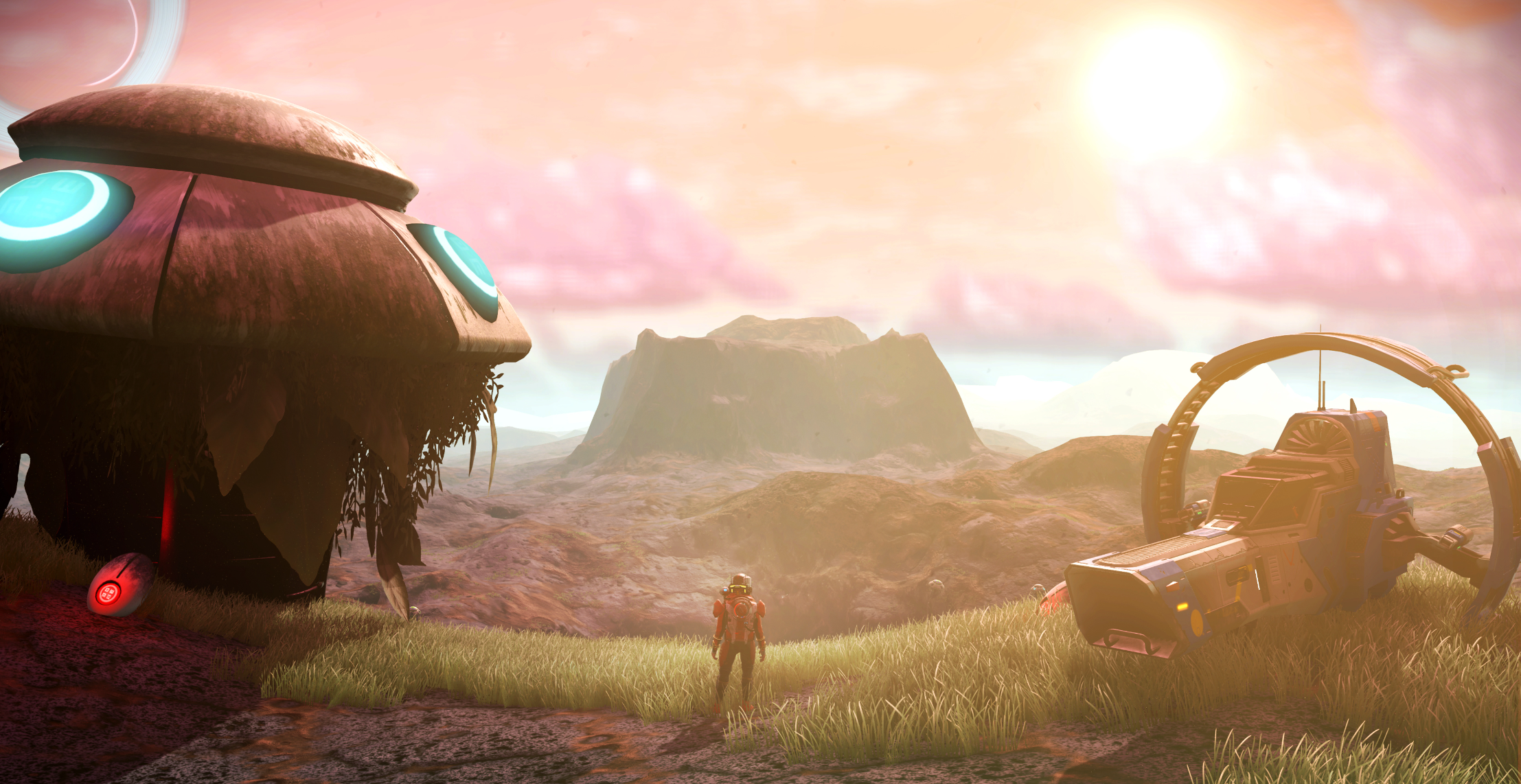
So, how do we move forward from here? We need a better general understanding of how game developement works nowdays. And remember, not everything will be perfect right away. Imperfections can lead to the best results, but only if we allow time for improvement and development. Take Baldur's Gate 3, for example. It wasn't perfect when it was released in Early Access three years ago. But that's okay because the Early Access phase, along with development efforts, community support, and feedback, helped shape it into a nearly perfect game. Baldur's Gate 3 is one exception under many foul eggs.
Another example is No Man's Sky. Most of us still remember how the game released in 2016 and how devastating the response was. As the developer entered the redemption arc and worked tirelessly on the game. They provided unbelievable 20 major updates for free, and turned the situation around.
They've managed to crawl back from only having negative reviews to be on positive terms with the fans and deliver the content they crave. They transformed the game and regained the trust of the fans. Instances like these are rare but they teach the gaming industry valuable lessons about development. Many games like Duke Nukem Forever, Battlefield V, Shenmue 3, Cyberpunk 2077, Marvel's Avenger or Anthem, have failed us and some of them never recovered completely.
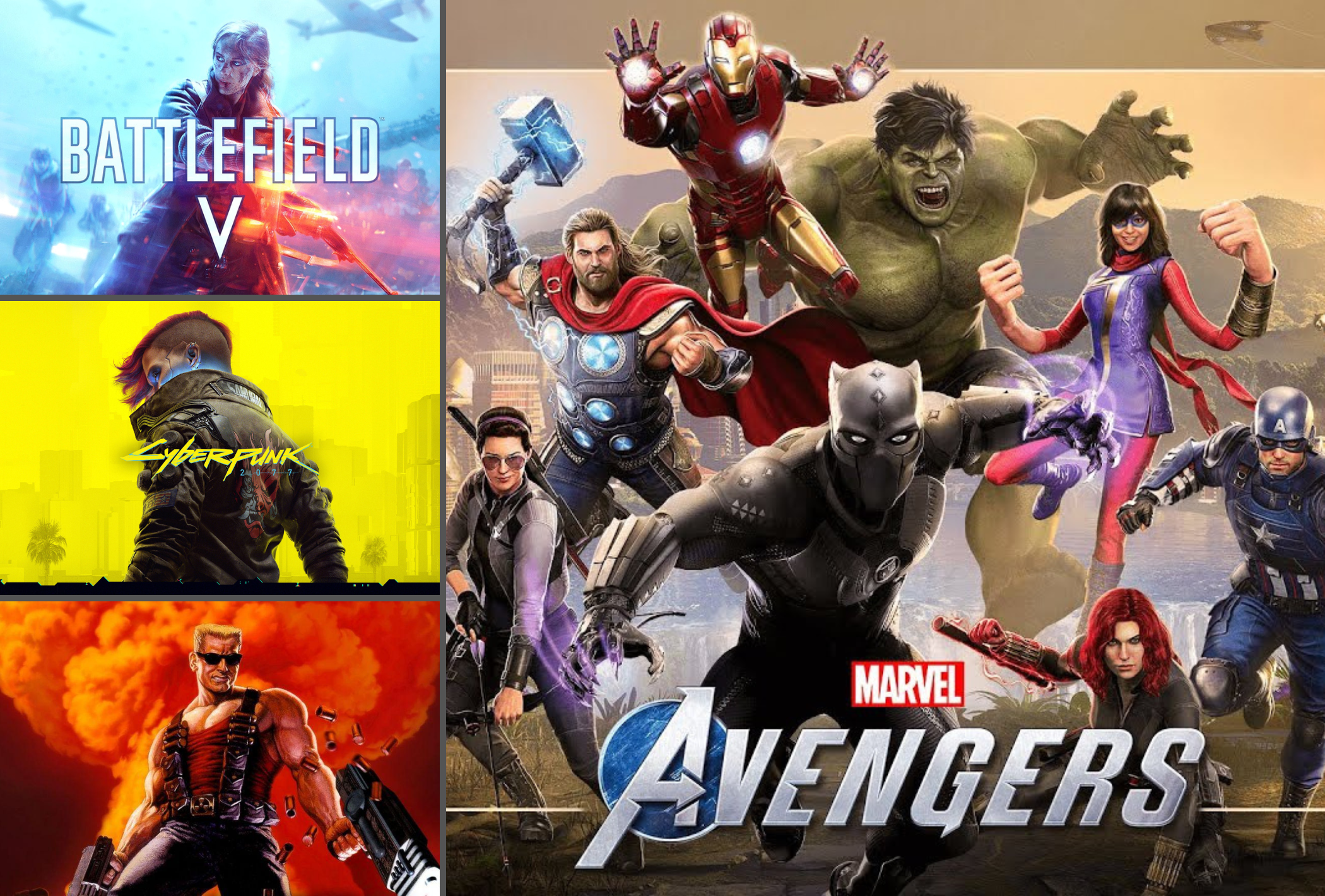
In the end, transparancy is crucial for understanding how the companies operate and for developing realistic expectations. It's important to be patient too. Game development requires a lot of time and money. That's why options like Early Access, Pre-Order, Crowdfunding, or releasing a partial game are becoming necessary, especially for smaller companies. But this doesn't exclude bigger companies either, as they are also allowed to take community feedback into account, without shouldering everything on their own.
I believe in collaborations, where company shareholders, developers, and the community work together like a team, but only if everyone is honest with each other. Most of the time this is just wishful thinking, but every now and then a studio shines through this thick dark clouds, and shows us what's possible.
This doesn't mean setting unrealistically high standards. Every project is unique and their own form of art. You can't compare small indie games studios with big established ones, that have already a long-living community. An example like Baldur's Gate 3 demonstrates how the company shareholders, developers, and community cycle can work together effectively.
It's perfectly fine for developers to consider this approach. Each game is exceptional on it's own and there's no strict rule how RPGs, shooters, or roguelike games should be. What matters is that every part of the process aligns with the project and everyone understands how things might unfold given the time, money, and resources available.
We should work on helping everyone understand how much our actions affect the gaming industry. We're all involved, so let's make the best of it and try to see all perspectives without being closed-minded.






























